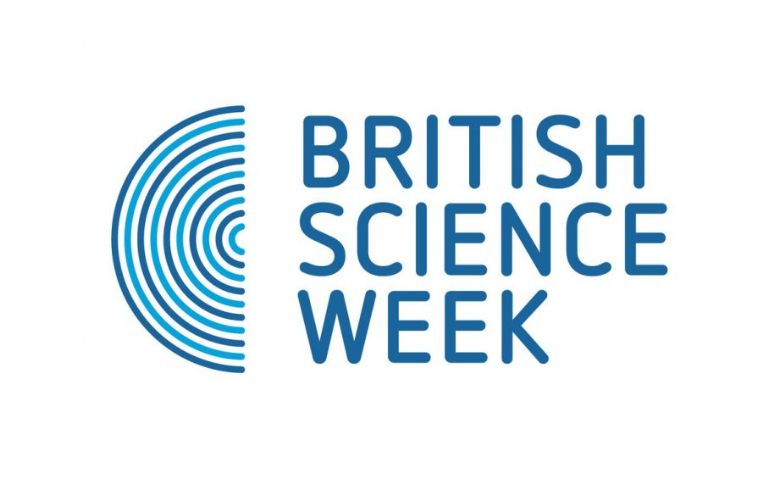Science
“Equipped with his five senses, man explores the universe around him and calls the adventure Science.” Edwin Hubble, Astronomer.
Intent
At Crawley Ridge Infant School we believe that you don’t just learn science – you live it. The intention behind the teaching of science in our school is to foster and harness the natural curiosity of the children and to encourage a lifelong love of science. We aim to provide the children with the skills necessary to think like and to become young scientists, the ability to ask questions, make hypotheses, carry out investigations and draw conclusions based on evidence. Our scientists are encouraged to be curious, open-minded, organised, inventive, questioning, creative, patient, resilient, logical, respectful, confident and independent.
We provide a rich curriculum which ensures the progressive development of knowledge, skills and vocabulary from EYFS to the end of Key Stage 1. Children learn about Plants (including trees), Animals (including humans), Living things and their Environment, Seasonal Changes, and Everyday Materials. “Working scientifically” is embedded into the knowledge strands providing opportunities to develop and apply skills.
The National Curriculum for Science aims to ensure that all pupils:
- develop scientific knowledge and conceptual understanding through the specific disciplines of biology, chemistry and physics
- develop understanding of the nature, processes and methods of science through different types of science enquiries that help them to answer scientific questions about the world around them
- are equipped with the scientific knowledge required to understand the uses and implications of science, today and for the future.
By the end of KS1, children will be taught to use the following practical scientific methods, processes and skills:
- asking simple questions and recognising that they can be answered in different ways
- observing closely, using simple equipment
- performing simple tests
- identifying and classifying
- using their observations and ideas to suggest answers to questions
- gathering and recording data to help in answering questions.
Implementation
Please find attached to the bottom of this webpage how Science is implemented in our school, including EYFS.
Impact
The children in our school are enthusiastic and motivated scientists. The children benefit from practical investigations and are able to communicate their ideas in depth using rich scientific vocabulary. The children demonstrate a good level of knowledge and understanding and an ability to work scientifically. Our attainment in Science at the end of KS1 is above national average and children leave KS1 equipped with the knowledge and skills necessary to move onto the next phase in their education. The impact of our Science curriculum is monitored through a variety of means such as pupil voice, data outcomes, science portfolios and discussions with staff and pupils.
British Science Week
British Science Week is a celebration of science, technology, engineering and maths. The theme for 2022 was 'Growth'. Each year group tackled the theme of growth in a slightly different way with children having the opportunity to engage with a range of exciting activities. We are looking forward to British Science Week 2023, which will be from 10th-19th March. The theme for British Science Week 2023 will be 'Connections'.


